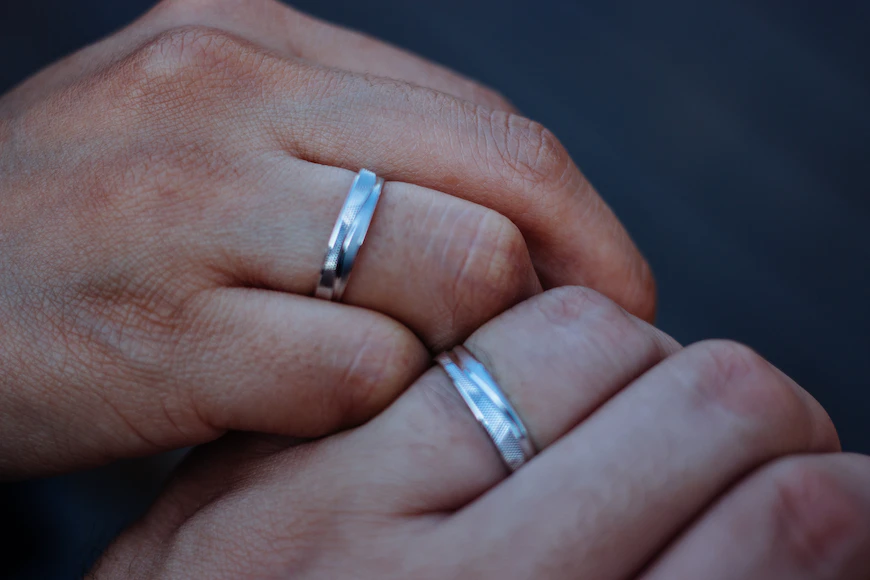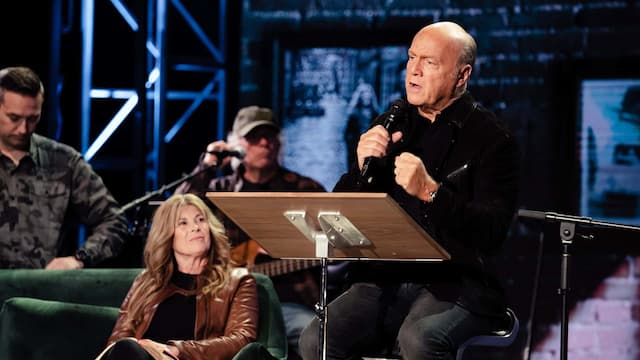Arranged marriage: What does the Bible say?

In an arranged marriage, the bride and groom might only meet each other after the big day.
Family history, academic achievement, religious affiliation, and professional experience are standard criteria in the selection process. Many prospective spouses will be considered before your family or matchmaker settles on the one they think is best for you.
It is common for families to meet, negotiate, and exchange presents or dowries as part of arranging a marriage. Once they find a potential partner, the two of you may have the chance to meet and get to know one other before the wedding.
Tying the knot with a stranger might indeed be nerve-wracking. However, many people in arranged marriages end up with happy, fulfilling partnerships.
Also, because both families are invested in making the marriage work, planned marriages can give their participants a sense of stability and security.
Arranged marriages in different cultures
According to Advocates For Truth, countries like India, China, Israel, and Iran are just a few examples of those who practice arranged marriage.
Parents may choose a spouse for their child, and the couple may not meet until the big day.
Other plans may involve supervised outings where the kids can meet potential spouses. They either bless the marriage or “veto” it and ask their parents to keep looking.
Today, planned weddings can be found in many different cultures. This includes the Hindu population in India and the United Kingdom, marriages arranged for adolescent mothers, and online dating services.
Arranged marriages can result in a happy and lasting union for two people, but they also carry the risk of several complications.
Study.com believes it increases the likelihood of an unhappy or abusive marriage, which is especially problematic when the bride is a minor.
Christian cultures tend to be less likely to practice arranged marriage than those of other religious or cultural backgrounds. However, in the past and some contemporary Christian communities, arranged marriages were common. In some Christian cultures, families will play a role in setting up suitable spouses, but the couple will decide to marry independently.
In Christian marriages, the focus is not on the couple’s common family history or financial stability but on their spiritual closeness and shared beliefs.
The Christian view of marriage is that it is a sacred union between two people who love and respect one another and that these feelings should serve as the cornerstones of their relationship.
Even while arranged marriages are common in some Christian communities, they are not mandated by the Bible or a central tenet of Christian belief.
What does the Bible say about arranged marriage?
Arranged marriage is not supported or rejected by the Bible in any straightforward way. But the Bible does include certain concepts and principles that can be applied to arranged weddings.
Arranged marriage is common in countries where social and cultural norms are valued more than personal preferences or romantic love. However, a marriage built on love and respect for one’s partner is what the Bible recommends.
For instance, the apostle Paul mentions patience, compassion, humility, and forgiveness as characteristics of love in 1 Corinthians 13:4-7. These qualities are crucial for any marriage to work, whether it was planned or not.
Ephesians 5:25-28 also includes the command for wives to submit to their husbands and for husbands to love their wives as Christ loved the church.
From this scripture, any marriage, whatever its beginnings, should be based on these three pillars: love, respect, and submission.
The Bible’s teaching on marriage is that it is a sacred bond between a man and a woman and should be marked by mutual love, respect, and commitment. These concepts are essential to developing a good and fulfilling marriage, regardless of whether or not the couple met through an arranged marriage.

Image: Alex Blăjan|Unsplash
Love marriage vs. arranged marriage
Marriages based on romantic attraction and weddings arranged by parents have distinct traits and cultural prevalence.
In a love marriage, the spouses voluntarily tie the knot out of their own free will rather than because of pressure from their families or third parties. Rather than societal or cultural norms, individual preferences are the primary driving forces behind marriage decisions.
One characteristic of a “love marriage” is a strong emotional connection and a shared commitment to raising the spouse’s children.
On the other hand, in an arranged marriage, the bride’s and groom’s families have a say in who their children will marry. Family history, level of education, religious affiliation, and professional status are all more important than personal feelings when it comes to that.
In fixed marriages, the bride and groom might not have met before the wedding day, and their love might only grow stronger through time. Meanwhile, each sort of union has its advantages and disadvantages.
The intense emotional connection and profound commitment that might result from a love marriage are often the results of the partners’ shared interests and feelings. However, if the couple has problems or fights frequently, their relationship may be more likely to fail.
Conversely, the social and cultural foundations upon which arranged marriages are built can provide comfort and stability. They may also be more stable because the families are rooting for the couple’s happiness and are willing to offer support as the marriage progresses.
But planned weddings offer a different depth of connection or personal satisfaction than love unions. Whether one decides on a love marriage or an arranged marriage depends on the person’s values, priorities, and ideals.
If the couple is dedicated to one another and willing to put in the effort, all types of marriage have the potential to be happy and meaningful.







